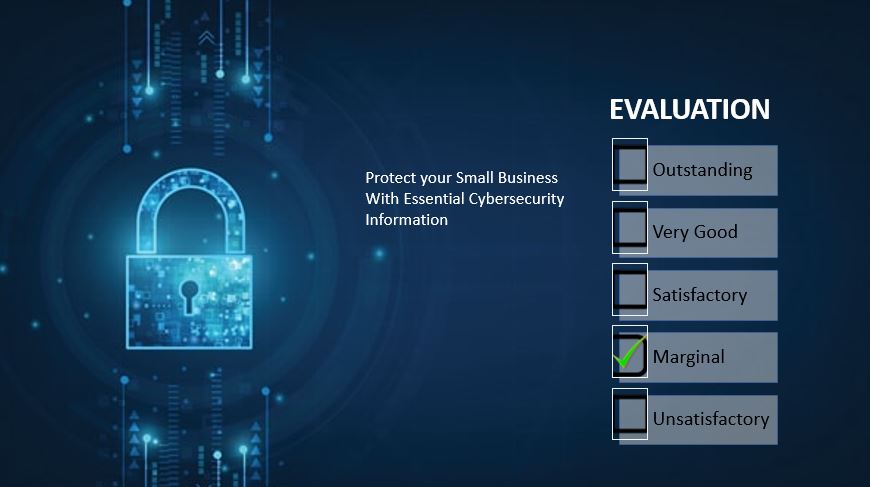
Employee training will form a big part of the cybersecurity initiative that you will take on as an organization. You need to train your employees to identify and respond correctly to cyberthreats. Here are some employee training best practices that you can make a part of your cybersecurity training program.
Create an IT policy handbook
Make sure you have a handbook of your IT policy that you share with every new employee, regardless of their position in the company. This IT policy handbook must be provided to everyone–right from the CEO to the newest intern in your organization. Also, ensure this handbook is consistently updated. IT is evolving at great speed and your handbook must keep up
Make cybersecurity training a part of your official training initiatives
Cybersecurity training should be a part of your corporate training initiatives for all new employees. You can also conduct refresher sessions once in a while to ensure your existing employees are up-to-date on the latest cyberthreats. At the end of the training session, conduct tests, mock drills, certification exams. Good training includes assessment. Provide follow up training for those who need it. This strong emphasis on training will ensure your employees take cybersecurity seriously.
Day zero alerts
As discussed, the cybercrime landscape is constantly evolving. Every day, cybercriminals are finding new vulnerabilities to exploit, and new methods to steal your data or to hack into your system. Day zero alerts are a great way to keep your employees updated. Has a new security threat been discovered or an important plug-in released for the optimal functioning of a browser? Send an email to everyone spelling out clearly what the threat is and what they can do to mitigate it. Then, follow up to verify they took the necessary steps.
Transparency
Let your employees know who to contact in the event of any IT related challenges. This is important because someone troubleshooting on the internet for a solution to something as simple as a zipping up a file could end up downloading malware accidentally.
Considering the serious ramifications brought on by cybercrime attacks, it makes sense for organizations to strengthen their first line of defense against cybercriminals–their own employees.






